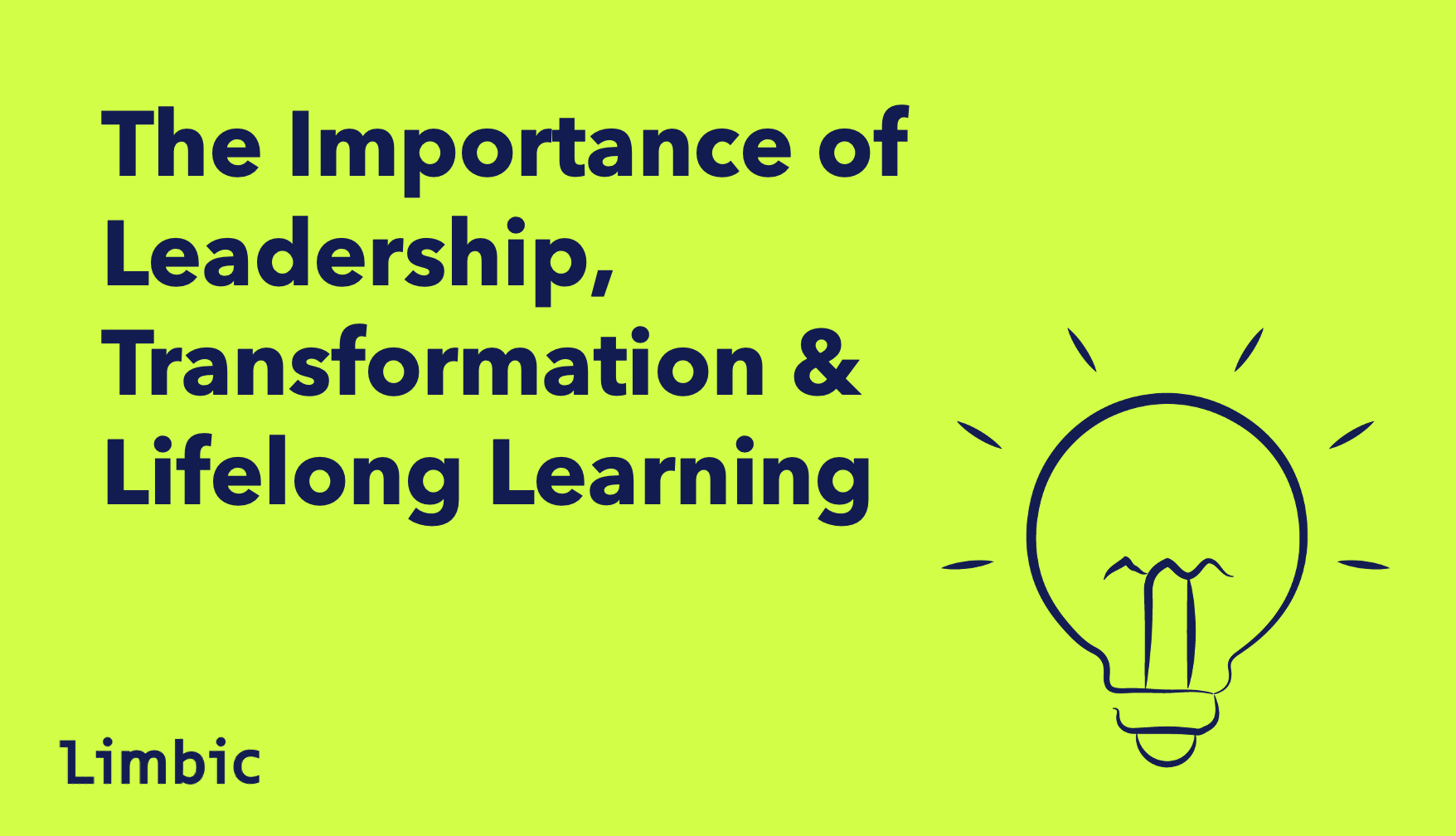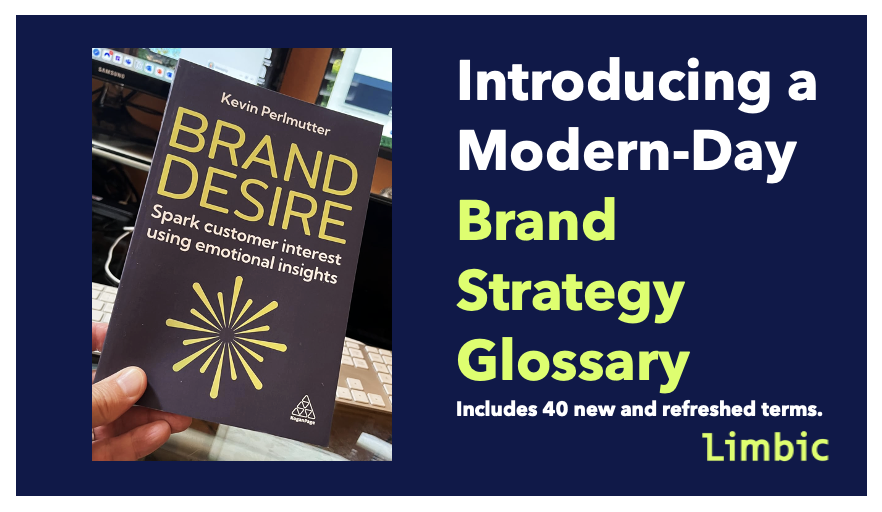The Importance of Leadership, Transformation & Lifelong Learning
I had the privilege of attending the inaugural AT&T Business Summit a few years ago. The goal of The Summit, according to Thaddeus Arroyo, CEO of AT&T Business, was: “to inspire an audience to think differently about how technology is going to transform industries, organizations and even the world.”
The A-List roster of speakers was unbelievable, yielding a variety of new information and insightful perspectives to absorb. For me, inspiration is timeless and falls into 3 areas:
Strong Leadership
"When you are trying to enlist large groups of people in a vision, leading is not a left-brain communication. It's about the stories you tell.”
- Meg Whitman, HP CEO
Thoughts on strong leadership came from the likes of AT&T Chairman & CEO Randall Stephenson, AT&T Communications CEO John Donovan, HP CEO Meg Whitman, American Airlines CEO Doug Parker, and Former President George W. Bush. Whether the references were to business or politics, topics often discussed were about treating people with respect, honoring their service and inspiring them to engage passionately. They also reference the character of a true leader… one who is truthful and humble. Someone who surrounds her/him self with talented specialists to provide deep expertise. And someone interested in hearing the truth without causing fear of repercussions.
The inspiration here is that strong leadership is not about being boastful, it’s not about positioning or making false promises. In fact, leadership is quite the opposite. It’s about galvanizing people around a cause that they want to be a part of and creating opportunities for everyone to achieve greatness.
Constant Transformation
“We must start inventing the future, before we have a complete picture of what it looks like.” - Melissa Arnoldi, AT&T Communications President AT&T Technology & Operations
For a company like AT&T, this means envisioning the future of commerce and human behavior, and building the massive infrastructure to support future demand for what most people don’t know will be possible. While AT&T does this on the grandest of all possible scales, this statement should hold true for every innovation-minded person or company who wants to stay ahead.
One of the more provocative keynote sessions was presented by Gartner Research EVP Peter Sondergaard. He talked about how digital disruption will impact every industry. He says, “If your organization is not both optimizing and creating new digital business models, or new ways to engage constituents or customers … you are falling behind.” He demonstrated clearly that every business should be aggressively looking for ways to use digital technologies to Exploit New Opportunities (ex: We Work, Uber) or Capitalize on Incumbent Weaknesses (ex: Netflix, Casper). “Once digital revenues for a sector hit 20% of total revenue, incumbent players must fight to survive...No matter what industry you are in, 20% will be the point of no return.”
The inspiration here is that emerging technology will enable your business to grow more efficiently, less expensively and with less human interaction. In order to survive as a business, you must invest now in digital technology to disrupt yourself, before someone else changes the trajectory of your category, displacing you and everyone who failed to transform fast enough.
See Also: Disrupting Competitive Threats to the Business
Continuous Lifelong Learning
“No one who graduates college from this point forward will be set for life with what they learn.” - Thomas Friedman, 3-time Pulitzer Prize-winning NYT Journalist & Author
A startling thought, not only for current students, but even more so for people who have been working for many years. Many speakers, including Thomas Friedman, Former President Bush, Randall Stephenson, Thaddeus Arroyo, AT&T SVP Corporate Social Responsibility & Chief Sustainability Officer Charlene Lake, and CNN Anchor Anderson Cooper, spoke about the fact that continuous learning is essential if you hope to keep pace with the needs of your employer or to evolve your career.
Also discussed was how AT&T approaches continuous learning for its 270,000+ person workforce, given the constant pace of company evolution. As the need for new job types emerges and others shrink, AT&T simply and transparently helps employees know where they stand. AT&T employees have a dashboard where they can see up or down arrows indicating whether or not the need for their skills is growing or declining. With this information, employees can proactively take control of their careers and take advantage of opportunities to learn and grow skills in areas of high future demand at the company.
The inspiration here is that personal innovation is more important than ever. People and companies will only have the best chance of thriving if they prioritize lifelong continuous learning, as no one should be comfortable that they can ride out the skills they have today until retirement. In order to be relevant and valued, you must always be thinking about what skills are needed in the years that follow. Those who prioritize continuous learning will stay ahead and lead the way.
A Summit of Inspiration
Consistently, throughout all of the keynote sessions, there was both inspiration and a warning - embrace the future, embrace technology and get there first.
Featured Articles & Podcasts





